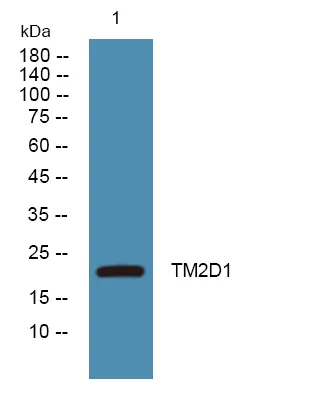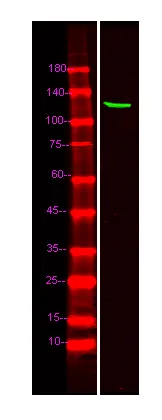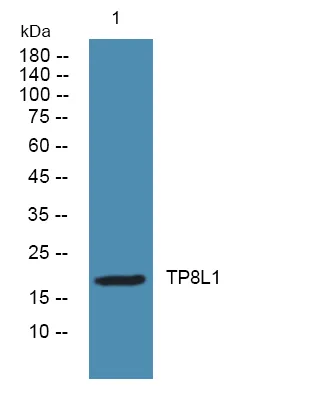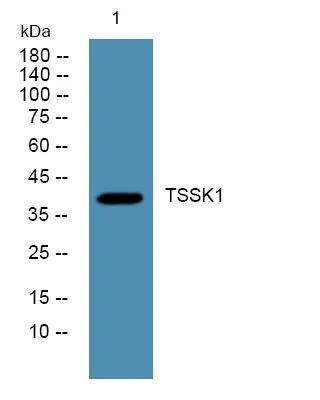产品概述
产品性能
免疫原
产品应用
研究背景
This gene encodes a transmembrane receptor and is often referred to as L-SIGN because of its expression in the endothelial cells of the lymph nodes and liver. The encoded protein is involved in the innate immune system and recognizes numerous evolutionarily divergent pathogens ranging from parasites to viruses, with a large impact on public health. The protein is organized into three distinct domains: an N-terminal transmembrane domain, a tandem-repeat neck domain and C-type lectin carbohydrate recognition domain. The extracellular region consisting of the C-type lectin and neck domains has a dual function as a pathogen recognition receptor and a cell adhesion receptor by binding carbohydrate ligands on the surface of microbes and endogenous cells. The neck region is important for homo-oligomerization which allows the receptor to bind multivalent ligands with high avidity. Variationsalternative products:Additional isoforms seem to exist. Several splicing events may occur independently in a modular way. Deletion of the transmembrane domain encoding exon through alternative splicing produces soluble isoforms,domain:The tandem repeat domain, also called neck domain, mediates oligermerization.,function:Probable pathogen-recognition receptor involved in peripheral immune surveillance in liver. May mediate the endocytosis of pathogens which are subsequently degraded in lysosomal compartments. Probably recognizes in a calcium-dependent manner high mannose N-linked oligosaccharides in a variety of pathogen antigens, including HIV-1 gp120, HIV-2 gp120, SIV gp120, ebolavirus glycoproteins, HCV E2, and human SARS coronavirus protein S. Is a receptor for ICAM3, probably by binding to mannose-like carbohydrates. Is presumably a coreceptor for the SARS coronavirus.,miscellaneous:In vitro, is a receptor for HIV-1 and transmits HIV-1 to permissive T-cells.,online information:DC-SIGNR,polymorphism:The number of repeats in the tandem repeat domain is shown to vary between 3 and 9 per allele thus contributing to a further variability in addition to alternative splicing. The shown 7 repeats-containing form has been shown to be the most frequent one (53.9%) in a study with 350 Caucasian individuals.,similarity:Contains 1 C-type lectin domain.,subunit:Homotetramer. Binds to many viral surface glycoproteins such as HIV-1 gp120, HIV-2 gp120, SIV gp120, ebolavirus glycoproteins, HCV E2, and human SARS coronavirus S protein.,tissue specificity:Predominantly highly expressed in liver sinusoidal endothelial cells and in lymph node. Found in placental endothelium but not in macrophages. Expressed in type II alveolar cells and lung endothelial cells.,
研究领域




